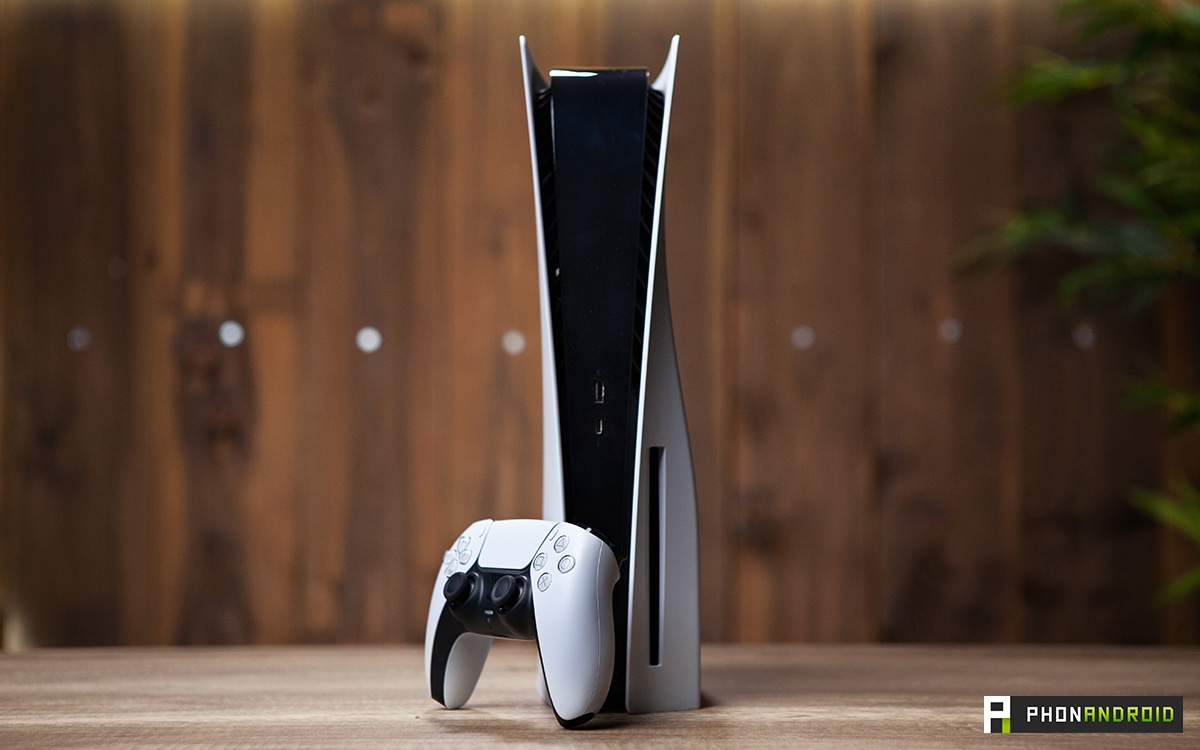
Sony has delivered its financial figures for the year 2021. If the PS5 is having some success, it is penalized by the shortage of semiconductors which does not end. Thus, it sells a little less well than the PS4 in its time.
It’s been over a year since the PS5 was released and even after all that time, it’s still a victim of semiconductor shortages. This is reflected in the sales figures shared by Sony on the occasion of its financial report. If they are good they are all the same far from being stratospheric.
During the last quarter of 2021, the most important of the year, Sony sold 3.9 million PS5 “only”. This represents only a small increase compared to the previous quarter (3.5 million). This is not a question of slowing demand, but of PlayStation 5 stock. Without a console for sale, the numbers do not take off.
Sony can’t quite get past the PS4 yet
As of December 31, 2021, Sony has therefore sold 17.3 million PS5s in total. It’s less than the PS4 in its time. As of December 31, 2014 (the PS4 being released in November 2013), Sony had sold 20 million consoles.
These figures, certainly good but not incredible, do not prevent Sony’s video game division from having a very good year. Its hardware turnover is certainly not as good as expected (1.5 billion euros against 2.5 billion at the time PS4) but is largely compensated by its software part (4.7 billion euros ). Anyway, the gaming part of Sony represents a quarter of the company’s turnovermaking it its most profitable division.
The big question for 2022 is whether PS5 sales will actually take off or not. It’s hard to estimate demand, but every console released sells out quickly. You just have to see the merchant sites robbed only a few minutes after adding stock. The market will therefore be suspended by this shortage of semiconductors which has paralyzed the industry for two years now. If the most optimistic see the end of the crisis this year, others believe that it could last until 2023.
Source: The Verge